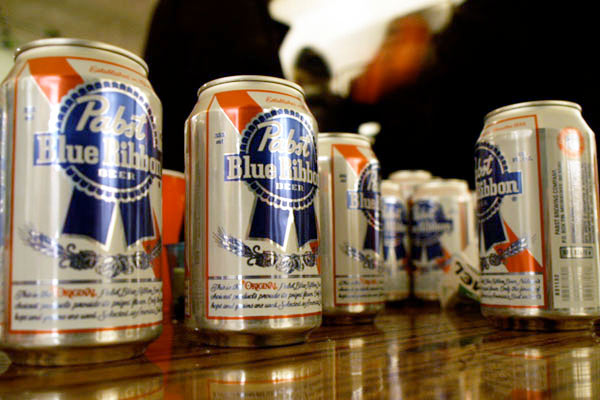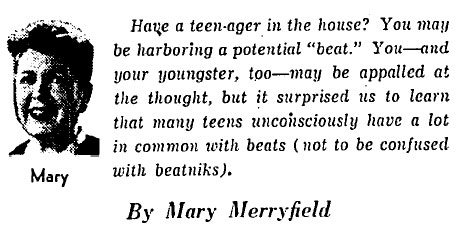
History is a wheel (artist’s depiction)
One of my colleagues recently voiced a familiar complaint:

Being a word geek, this is the sort of scenario in which I’d advise caution; I was genuinely curious what we writers would be losing if we threw out "hipster." So I went to the archive. The first time hipster was published in the Tribune was in 1946, in reference to the fascinating character who claims to have coined the word: Harry "The Hipster" Gibson, aka Harry Raab, a Jewish kid from the Bronx who cut his teeth in playing pianos in Harlem speakeasies, eventually working as Fats Waller’s fill-in… and, his proponents claim, pioneered the style associated with Jerry Lee Lewis and Little Richard years before anyone had figured out how to rock. Here’s Gibson playing "4-F Ferdinand":
By the 1950s, Tribune journalists were using the word, beginning with theater/music/night life writer William Leonard, who said that "young hipsters go cer-razy" over Big Jay McNeely, the "King of the Honking Tenor Sax" and a pioneer of the "honking sax craze." Hipsters going cer-razy looked like this in the 1950s.
In 1956, the word was deployed to describe comedian, professional oddball and cult figure Lord Richard Buckley, a favorite of Dizzy Gillespie, Bob Dylan, and Ken Kesey, not to mention his alleged patron Al Capone. I’m not sure I can properly describe him, other than to say he was somewhere in between Ken Nordine and Lenny Bruce, and as with Harry Gibson, he played on the tension of white people figuring out black culture (it’s not a coincidence that Norman Mailer would publish his essay "The White Negro" the next year). Here’s a 1958 interview Buckley did with Studs Terkel, in which Terkel compares Lord Buckley to William Saroyan.
According to Leonard, however, Buckley’s revolution was over, and the bums lost: the "hipster of the ‘beat generation’" was "’way out’" here in Chicago, thanks to two keepers of the city’s dull flame, the weather and the University of Chicago. "If you want to lie around like a beachcomber in Chicago," one "highly intellectual local devotee of the school" told Leonard, "contemplating your navel and grumbling about the uselessness of it all, you’re out of luck. It gets cold here in the winter time, and you might have to go to work. And that would spoil everything."
That’s my alma mater: wielding the cold hand of canonical Western elitism against the cool kids, or at least up until recently. The proprietor of the Compass–home of the Compass Players–told Leonard: "The beat kids like cool jazz, or pretend they do. So instead of Charley [sic] Parker on the hi-fi, we give ’em Beethoven’s ninth symphony or a mass in B-minor. Who needs them? Around this saloon, we’re all Aristotelians." And you wonder why Allan Bloom and Leon Kass ended up where they did (the school wasn’t much into the tension between white and black culture during the 1950s, either).
Leonard concluded his 1958 series on Chicago’s bohemians with an article entitled "Don’t Call Us Beatniks! What Chicago’s young artists really want is a good, steady job." The captions are awesome:

I think we can all agree that Chicago really dodged a bullet with those hipsters. Or so we thought.

Actually, according to Merryfield, it’s cool: beatniks hang out in overpriced coffee shops and talk like Maynard G. Krebs, while beats are into Bach, Bartok, Frank Lloyd Wright, and Albert Schweitzer. A beat told her so!
Let’s skip the rest of the ’60s. "Can the Spirit of Bethlehem Outmode the Age of ‘Kicks’?" and "Like, Deck the Halls, Man!" are there in the library if you really want to read them. This was the decade that should have killed off the word hipster for good, as the squarest of squares piled the word under years of cornball jokes. What the Aristotlelians couldn’t do, the lamestream media did.
By the 1970s it was being used to memorialize old jazzmen and describe Jesus Christ Superstar ("a time-binding human document of imposing proportions"). All the hipsters who were anyone were "candidates for the cover of Time magazine, the most sought guests for the Cavett-Carson-Griffin shows":
"The times they are a changin’," went the Bob Dylan song. In a doubly ironic sense the changers, too, have changed. If the underground has surfaced to supply a nation in the market for Woodstock chic–for a hip lifestyle–who’s left? "Where is that happy tormented crowd I used to know?" cried a Rip Van Winkle in [Howard] Smith‘s own newspaper [the Village Voice] upon revisiting Greenwich Village a decade later. "Where have all the hipsters gone?"
And that’s sort of where we are today: with Carles of Hipster Runoff as our own Lord Buckley, and the word being flogged into submission as linkbait and listicles. Did we in the industry finally kill it off? I would have said the same thing in the 1970s, and clearly that didn’t work. It’s an adaptable word that, like a virus, is able to hibernate until certain conditions of urban density and personal grooming have been met.
Writers of 2040: you have been warned.
Photograph: E. Bartholomew (CC by 2.0)


